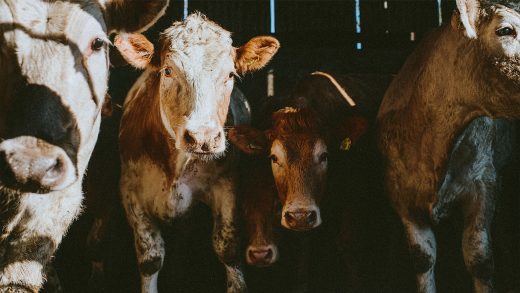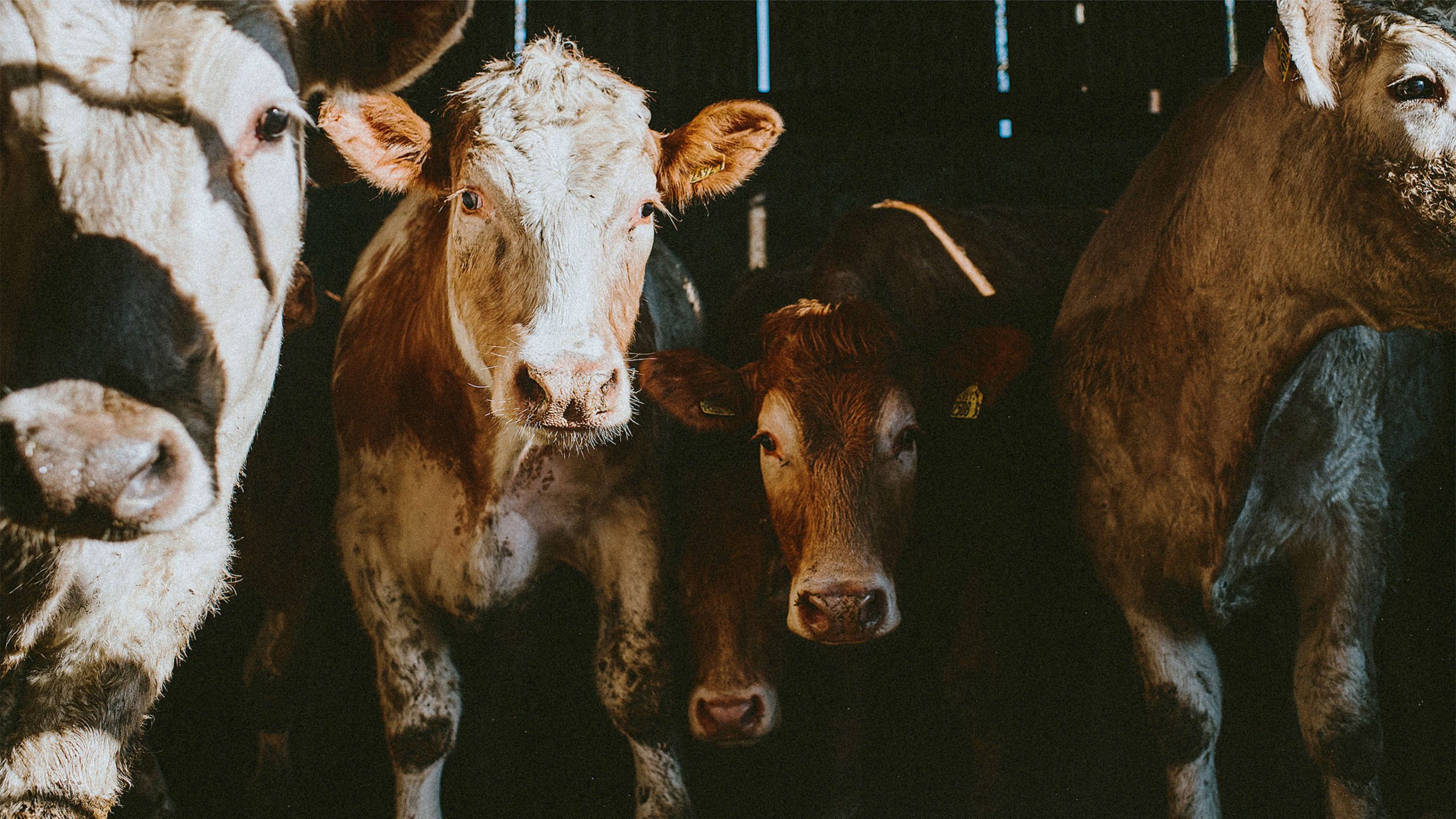A new study on animal consciousness should change people’s views on eating meat—but it won’t
A new pronouncement on animal consciousness should change people’s views on eating meat—but it won’t
Recent findings suggest, more than ever, that nonhuman animals are capable of suffering. Scientists are begging us to listen.
Can animals suffer? It’s a question that has been floated around classrooms and dinner tables for centuries, at least since philosopher Jeremy Bentham posed it over 200 years ago.
Last month, a group of scientists weighed in to say there is “strong scientific support” that they can. When it was presented at NYU, The New York Declaration on Animal Consciousness had been signed by nearly 40 scientists from universities around the world, across various relevant disciplines including neuroscience, environmental science, biology, psychology, and philosophy. As of May 7, it’s grown to 231 signatures. And they keep coming.
The declaration states that there is “strong scientific support for attributions of conscious experience to other mammals and to birds,” and that “the empirical evidence indicates at least a realistic possibility of conscious experience in all vertebrates . . . and many invertebrates.” The final point of the brief declaration is an ethical imperative: “When there is a realistic possibility of conscious experience in an animal, it is irresponsible to ignore that possibility in decisions affecting that animal.”
For a long time, the possibility of animal sentience—the ability to experience sensations and feelings—was completely discounted by society at large, and today it still is by many. If we collectively acknowledged and cared about the experience of animals, we wouldn’t have the massive industry surrounding meat, dairy, and eggs that we do. We wouldn’t hunt for sport, or wear shoes and jackets made from skinned cows. But the vast majority of Americans do engage with these industries. Some 95% of us eat meat. And many justify it with the belief that animals simply aren’t capable of suffering the way we humans are. At least, not the ones we eat.
But we have long had evidence that at least some non-human animals can feel, both physically and emotionally. All mammals, like humans, have a similar nervous system structure, which would suggest that the way their brains process pain is similar to ours. We’ve witnessed animals reacting to pain, letting out cries that any animal would recognize as a sign of distress. Even animals with very different physiology than ours, like octopi, have demonstrated the ability to form social relationships. Some fish seemingly have a sense of fairness or justice.
In the declaration’s supporting material, the authors emphasize that the last 5 to 10 years alone have brought a slew of important and sometimes stunning discoveries about the possibility of animal sentience. But humankind has so far been able to explain away all the observable behaviors and physiology that would suggest sentience.
René Descartes put forth the idea that non-human animals are merely automata—essentially just machines that can respond to stimuli by reflex but don’t actually experience anything, physically or emotionally. It’s a groundless argument, but one that resists critique. There’s no evidence to suggest that even though many animals have nerves and brains much like ours, they don’t actually experience sensation like we can. It doesn’t make scientific sense that one species and one species only would be capable of subjective experience. And yet, it’s a response you can use to delegitimize virtually any evidence of animal sentience as merely a mechanical reflex. Any social behavior is just a species survival mechanism; any expression is just an automated response with no actual feeling behind it.
There’s another idea in philosophy, however, which poses a response to this all-encompassing theory. The “problem of other minds” essentially states that without experiencing something yourself, you can never really know it to be true. We’ll never know if lobsters, for example, can feel pain, because none of us will ever become a lobster. But by that logic, we can also never know what, if anything, our fellow humans experience. They can tell us how they feel, but hypothetically, they could be lying, or simply acting on a basic survival reflex. There’s no way to prove that anyone but oneself has thoughts and feelings—but most of us function under the assumption that they do. Based on the observable and scientific evidence that exists, we act with consideration toward the feelings of others, we (mostly) take them at their word when they express what they claim to feel, and we generally frown upon hurting people.
If the world is waiting for an unambiguous answer to the question of animal sentience, we’re never going to act, because it’s not possible to definitively prove what an experience feels like for any living being except ourselves. Scientists speak in more precise terms than most of us do—remember that gravity is, technically, a theory; that doesn’t mean it’s hotly debated among contemporary scientists. More research may shift the probabilities they assign, but the “wide points of agreement” shared in the declaration are about the closest thing to a definitive answer that we’re likely to get.
The dark truth is that many people ultimately aren’t interested in an accurate answer to the question of animal sentience—they just want to find evidence against it, in order to maintain their ethical justifications for what they buy, eat, and wear. But if we truly care about behaving ethically, we need to finally start listening to scientists.
The declaration has been criticized as more advocacy than science, but the scientists aren’t making any demands of us. (If anything, it doesn’t go far enough). They’re not telling us to shut down the animal agriculture industries. They’re not pursuing legal action against leathermakers. They’re not even telling us as individuals to change our behaviors and buying habits. They’re just asking us to listen to their findings and care about the implications. Are we finally ready to do so?
ABOUT THE AUTHOR
(10)



